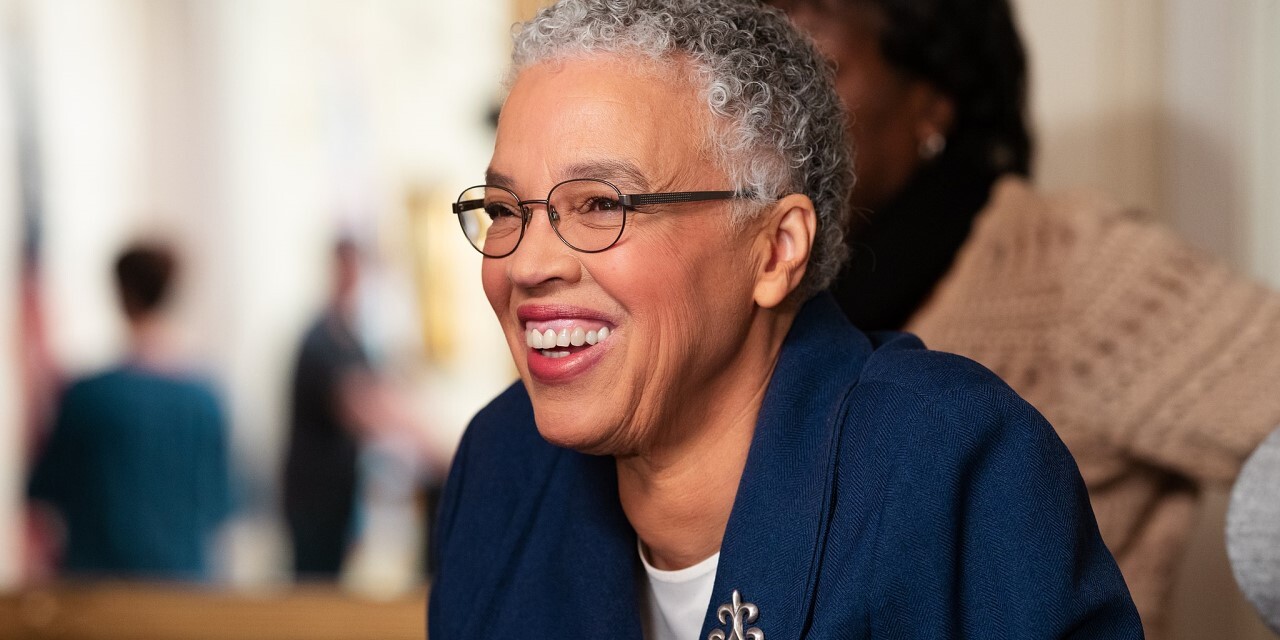A state appeals panel said courts should not and won’t preemptively intervene in government spending that may violate the so-called Illinois transportation lockbox amendment.
Several associations of construction contractors sued Cook County in circuit court, claiming it violated the 2016 Safe Roads Amendment, which mandates that revenue collected from fees and taxes related to transportation must be spent on purposes related to transportation. The county responded by arguing the amendment doesn’t apply to home rule governmental units, and although that position prevailed in county and appeals courts, the Illinois Supreme Court rejected the position in April and sent the complaint back to circuit court.
With the case back in Cook County court, the trade associations in July asked the court for preliminary injunctions against the county. They said said the budget for fiscal 2023, which is to take effect Dec. 1, 2022, would continue the county’s “longstanding practice of depositing revenues generated by the Cook County Transportation Taxes into the County’s Public Safety Fund.”

John Fitzgerald
| Tabet DiVito & Rothstein
On Oct. 19, Cook County Judge Alison Conlon denied the motion, saying the businesses failed to show with certainty that the county would violate the amendment and that any harm was speculative. The associations challenged that denial before the First District Appellate Court, which expedited proceedings, because Cook County's Board of Commissioners was soon to approve its newest spending plan.
The county board granted that approval in mid-November, shortly after the appellate court ruling.
First District Appellate Justice David Ellis wrote the panel’s opinion, issued Nov. 17.Justices James Fitzgerald Smith and Nathaniel Howse concurred.
“One of the principal arguments of the county in opposition to plaintiffs’ motion is that plaintiffs are complaining about legislation that has not yet become law,” Ellis wrote. “It is on that point that we decide this appeal.”
The contractors argued county budgets violated the Safe Roads Amendment every fiscal year since it took effect and premised their injunction request on a belief the practice would continue. But the panel said it “cannot and should not review that constitutionality of pending legislation” such as a budget ordinance. Bills cannot be unconstitutional while they work their way through the legislative process, the panel explained. Only final laws or ordinances can be challenged or struck down.
“A piece of legislation is subject to change throughout the legislative process,” Ellis wrote. “It can be amended within the legislative body. It might pass and it might fail to pass. And if it passes, in many cases, the chief executive may veto, amendatorily veto, or line-item veto that legislation. The legislative body may then accept or override any veto.”
The panel likened a lawsuit challenging a municipal budget proposal to one regarding the “typically thousands of bills pending before the Illinois General Assembly at any given time at various stages of the process.”
Although the contractors said they were only seeking an order forcing the county to comply with the amendment when it adopts its budget, the panel said the lawsuit more accurately contends that “the way in which the county is preparing its budget documents — which the county insists is compliant — is not, in fact, compliant with the Amendment.”
The panel further said the lawsuit raises a “flagrant separation-of-powers concern” and explained granting the requested relief would remove any “principled limitation to that unprecedented step” and create an environment where judges could dictate to legislators how to write laws.
“We recognize, of course, that it is very likely that the county will, in fact, adopt an appropriations ordinance for FY23, for the county could not operate without one,” Ellis wrote. "And it is quite likely, as plaintiffs insist in their reply, that this ordinance will be written much in the way the county told the circuit court it planned to adopt it. But none of that makes a difference. It is still not ripe for our review until it has the force of law.”
Whereas Judge Conlon surmised the contractors’ case wouldn’t succeed on its merits, the appeals panel affirmed her ruling without expressing an opinion concerning what the Safe Roads Amendment does or doesn’t require of county appropriations ordinances.
“Plaintiffs’ motion for preliminary injunction, filed as it was before any ordinance was adopted, was premature and thus should have been rejected out of hand,” Ellis wrote.
Plaintiffs in the action include the Illinois Road and Transportation Builders Association; the Federation of Women Contractors; the Illinois Association of Aggregate Producers; Associated General Contractors of Illinois; Illinois Asphalt Pavement Association; Illinois Ready Mixed Concrete Association; Great Lakes Construction Association; American Council of Engineering Companies Illinois Chapter; Chicagoland Associated General Contractors; Underground Contractors Association of Illinois; and Illinois Concrete Pipe Association.
The road builders were represented by attorneys John Fitzgerald, Michael Grant, Amanda Catalano and Tae Kim, all of Tabet DiVito & Rothstein, of Chicago.
Cook County was represented by the Cook County State’s Attorney’s office.
